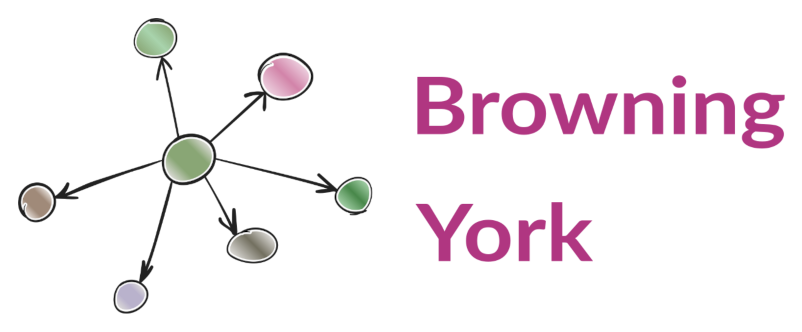Generally speaking, the ‘official’ comms team at any organisation will be responsible for the overall communication strategy and delivery of many of the channels, such as the intranet, email newsletters and YouTube channel.
But every single person at the organisation has a role to play when it comes to communication. You don’t have to be in the comms team to make a difference. Here are some steps you can take, whatever team you’re in.
Be proactive in keeping yourself informed
In most organisations there will be a number of ways to find out what is going on. These will range from the employee newsletter and chief executive’s presentations, to the intranet and the online discussion forums. You can talk to colleagues or take part in special interest groups. Some of these may come to you directly, but you will probably need to go looking for others.
Whatever combination of communication methods your organisation uses, make it your business to find out what’s available and what it is for. Then take time each day or week to seek out information. Being proactive is a much more positive approach than complaining that ‘no-one ever tells me anything’.
And you will likely be ahead of the game, hearing about things sooner than others and getting opportunities to learn more that you might otherwise miss.
Be aware of your own impact as a communicator
If you are a leader or manager, your team(s) will expect to hear from you about the direction you should all head in. They will also want to feed back to you about their experiences, challenges and ideas.
You have a significant impact on how successful that two-way communication is.
Be particularly careful to ensure you are interacting with people who have different perspectives and experience. Not just the ones that align with your own or support the view you want to hear.
Even if you’re not in a leadership role, there will be people who look to you for communication.
- It may be that you are responsible for a particular project that impacts on others.
- Or that your personality is such that you naturally make contacts in other departments and can update your own team on what happens elsewhere.
- Or that you have a different perspective on a situation and can open their eyes to a different way of looking.
Discuss communication with your colleagues
As well as organisation-wide communication, it is important that local communication within teams and between departments works well. Every individual will have different communication styles and preferences, so it’s a good idea to agree as a team how you will communicate. Here are some questions you might want to consider:
- How will getting communication right help us all to do our jobs? Why is it important to us?
- What information do we need and who from?
- What are our individual communication styles and preferences?
- How will we share our views with each other? And how will we make sure we are genuinely listening to what is said, even if it isn’t what we want or hope to hear?
- How will we involve everyone, especially in a hybrid world where our working locations and patterns differ?
Being clear on communication processes should be just as important as agreeing how your finance activities work.
Get to know your communications team
As professional communicators, it is part of our job to understand what is going on around the organisation. In large, complex organisations, keeping track of everything that happens is no mean feat. It can be tricky at smaller places too!
We need colleagues to help us understand what it is like to work here. To show us what messages mean to people in roles different to our own. To give us feedback so that we can give leaders a clear picture and support them in making better decisions.
Connect with us and not only will you earn our gratitude, you will benefit too. You will contribute to the bigger picture of the organisation and helping to make it more effective. You will often be helping to shape messages and communications through your feedback.
How do you contribute if you’re not part of the comms team? Get in touch to let me know any top tips you have.
Until next time
Sarah

